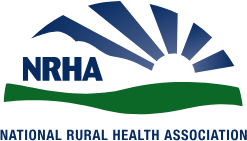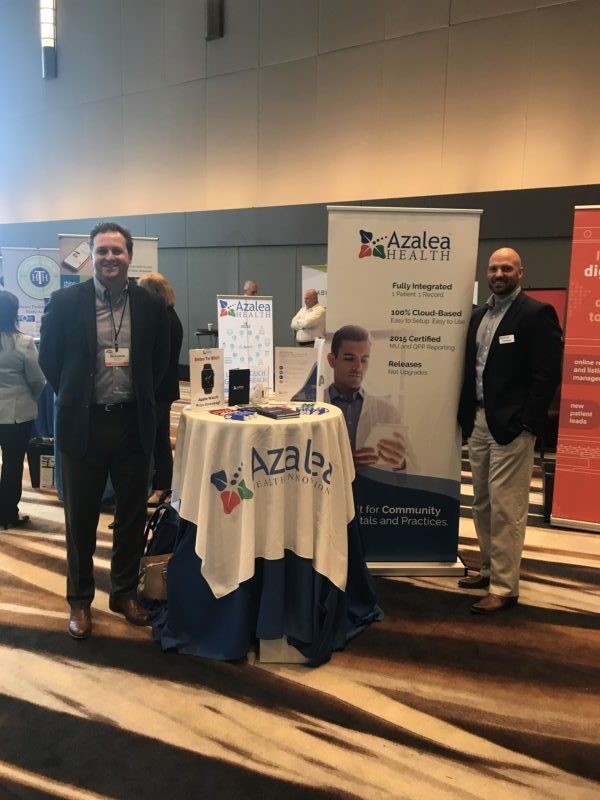
The Next Frontier: The State of Rural Healthcare in America

Takeaways From NRHA
Azalea Health had the opportunity to participate in the National Rural Health Association (NRHA) Annual Meeting earlier this week. As a proud supporter of our rural communities, it was an honor to host the great minds solving rural healthcare challenges in our hometown of Atlanta, GA.
Healthcare in rural communities is at a crisis.
Nearly 60 million Americans live in these communities, yet healthcare facilities are closing at a rapid pace. And 40% are currently operating in the red.
As some towns face a healthcare desert, awareness of the statistics and challenges facing rural healthcare are becoming hot topics. Seema Verma, Administrator for the Centers for Medicare and Medicaid Services (CMS), delivered a compelling address that focused on the plight of rural healthcare and what CMS and the Trump Administration are doing to help these underserved and vulnerable communities.
Four key takeaways from Ms. Verma’s address
1. Telehealth and the Expansion of Broadband
Telehealth has the potential to bring healthcare to millions of people who don’t have easy access, especially in rural communities where there are fewer primary care providers and specialists. Whether their hospital is a few hours away or they need to see a cancer specialist, telehealth provides the opportunity to bring this care directly to the patient’s home. To help promote telehealth usage, Verma noted that CMS now pays Rural Health Clinics and FQHCs for virtual check-ins. CMS is also working with the Federal Communications Commission (FCC) to expand broadband capabilities into rural communities, specifically to support the expansion of telehealth across the United States.

2. Leveraging Partnerships to Enhance Patient Care
3. Focus on Improving Rural Healthcare and Financial Models
Rethinking Rural Health Initiative is a result of the Trump Administration’s priority to improve the health of Americans living in rural areas. This is the first ever strategy focused on rural healthcare and aspires to give rural Americans access to high quality care, support (not disadvantage) rural providers, and reduce unnecessary burdens, all while noting the unique economics of rural America. In fact, there is legislation currently underway to help increase the reimbursement that rural providers see as compared to their urban peers.
4. Increasing the Medicare Wage Index for Rural Facilities
The problems rural communities face aren’t limited to just technology. CMS is actively working to address the wage and reimbursement disparities that rural physicians face. A newly proposed rule aims to increase the reimbursement rural hospitals receive to make them more on par with their urban counterparts. Additionally, facilities will be able to improve the quality of care, attract more talent, and expand their patient access.
Conclusion
Overall, the outlook of rural health in the United States is bright. There will be some speed bumps along the way, and we can only hope not at the expense of more at-risk facilities. With the new focus from the Trump Administration, CMS, and the many individuals and corporations that are focused on this plight, rural health is an open frontier for innovation and financial success.
Azalea continues to support rural healthcare facilities across the United States. We believe that selecting a modern, integrated EHR system, paired with RCM services at an affordable cost is just one way we can support the goal of bringing quality healthcare to these vulnerable communities.
You can read the full transcript of Administrator Verma’s speech here.
